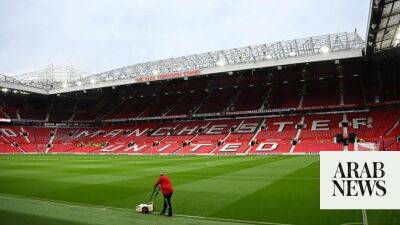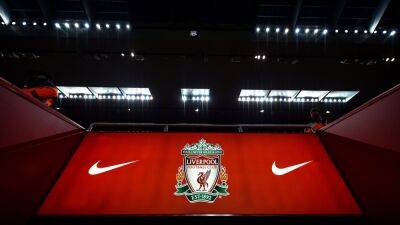Commentary: Liverpool going on sale highlights football’s financial fickleness
LONDON: The mooted sale of Liverpool Football Club confirms an uncomfortable truth: No one really makes any money owning a soccer club, they only profit from selling it.
Fenway Sports Group Holdings, which also owns Major League Baseball’s Boston Red Sox and the National Hockey League’s Pittsburgh Penguins, is exploring a sale of the English team.
Liverpool could fetch more than US$5 billion, Bloomberg News reported, citing an analyst estimate. A deal of that size would represent an incredible return on the £300 million (US$345 million) that FSG paid back in 2010. But without a sale, Liverpool would be a pretty poor investment.
Liverpool is a better-run club than most, with tight controls of its costs. But in more than a decade of FSG’s ownership, the team has still only made a cumulative profit of £27 million, representing an annualised return of just 0.8 per cent — pitiful by almost any standards. Assuming the reinvestment of dividends, the S&P 500 has returned 13 per cent a year to investors over the same period.
So in order to generate anything resembling a meaningful return, you have to sell the team. That’s why they change hands with such regularity: Half the current teams in England’s top tier Premier League have different owners than they did a decade ago. Clubs are sold with the promise of better earnings tomorrow rather than on the basis of financial stability today.
Even the Glazer family, long the target of fan opprobrium during its ownership of Manchester United, has averaged cash returns of just 5 per cent a year since taking over in 2005. And more than half of that has come from selling shares.
That’s because earnings are so tightly linked to on-field performance, a point Liverpool demonstrates all too well.





